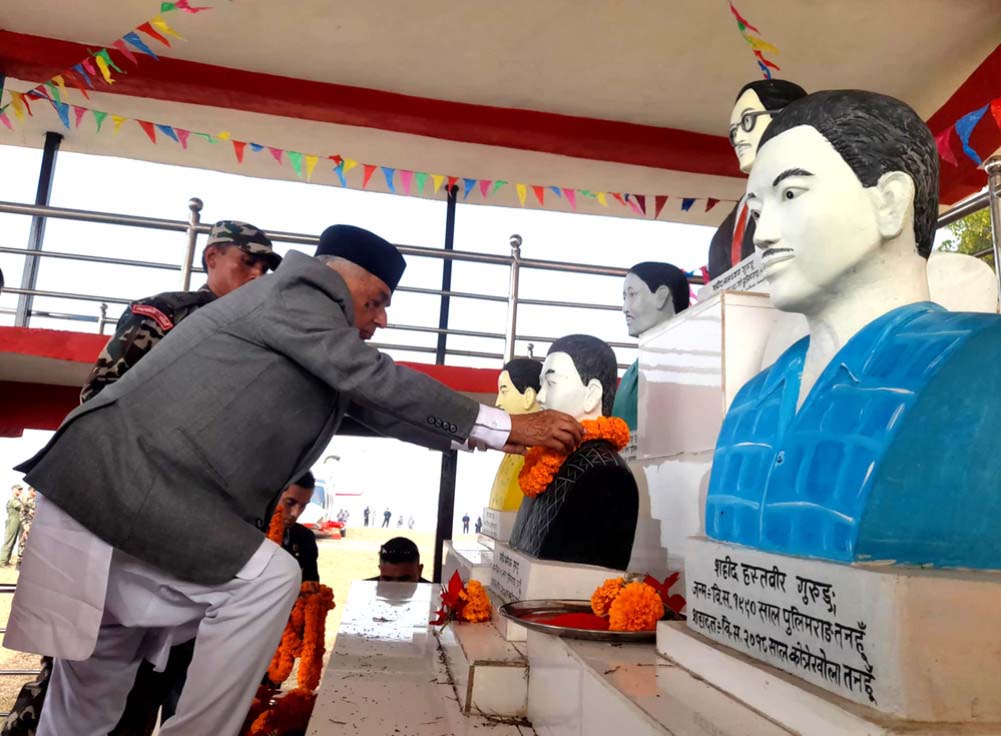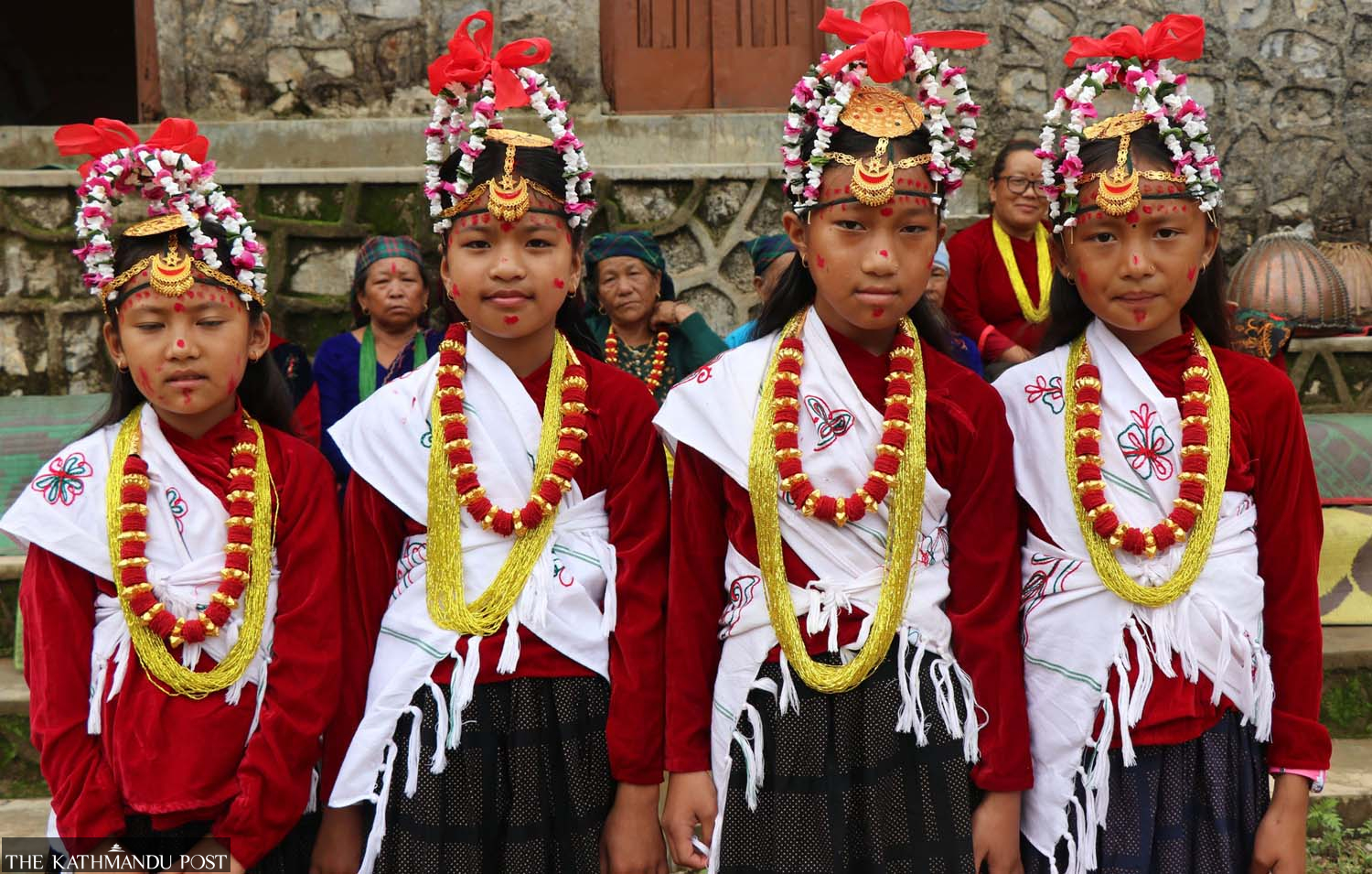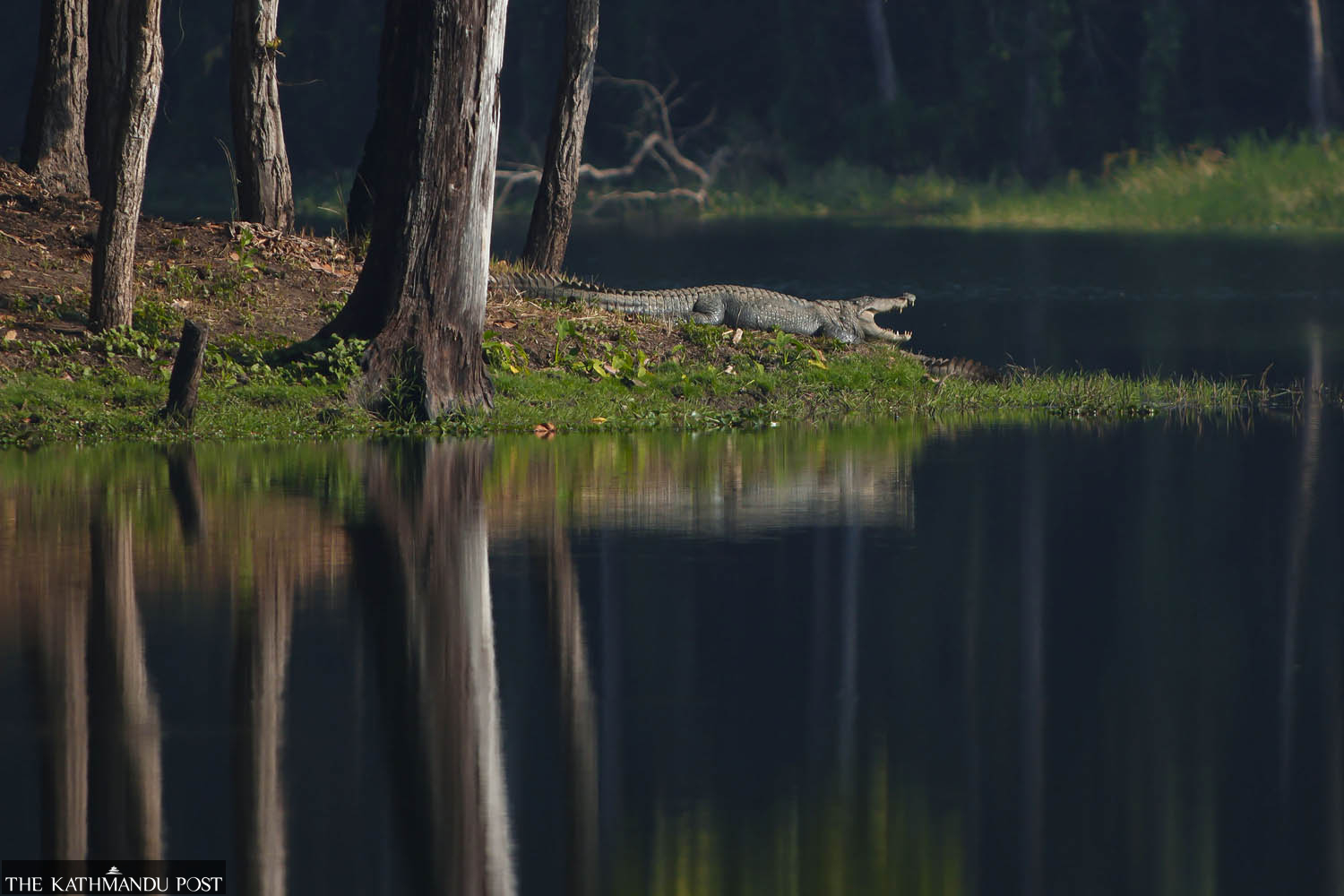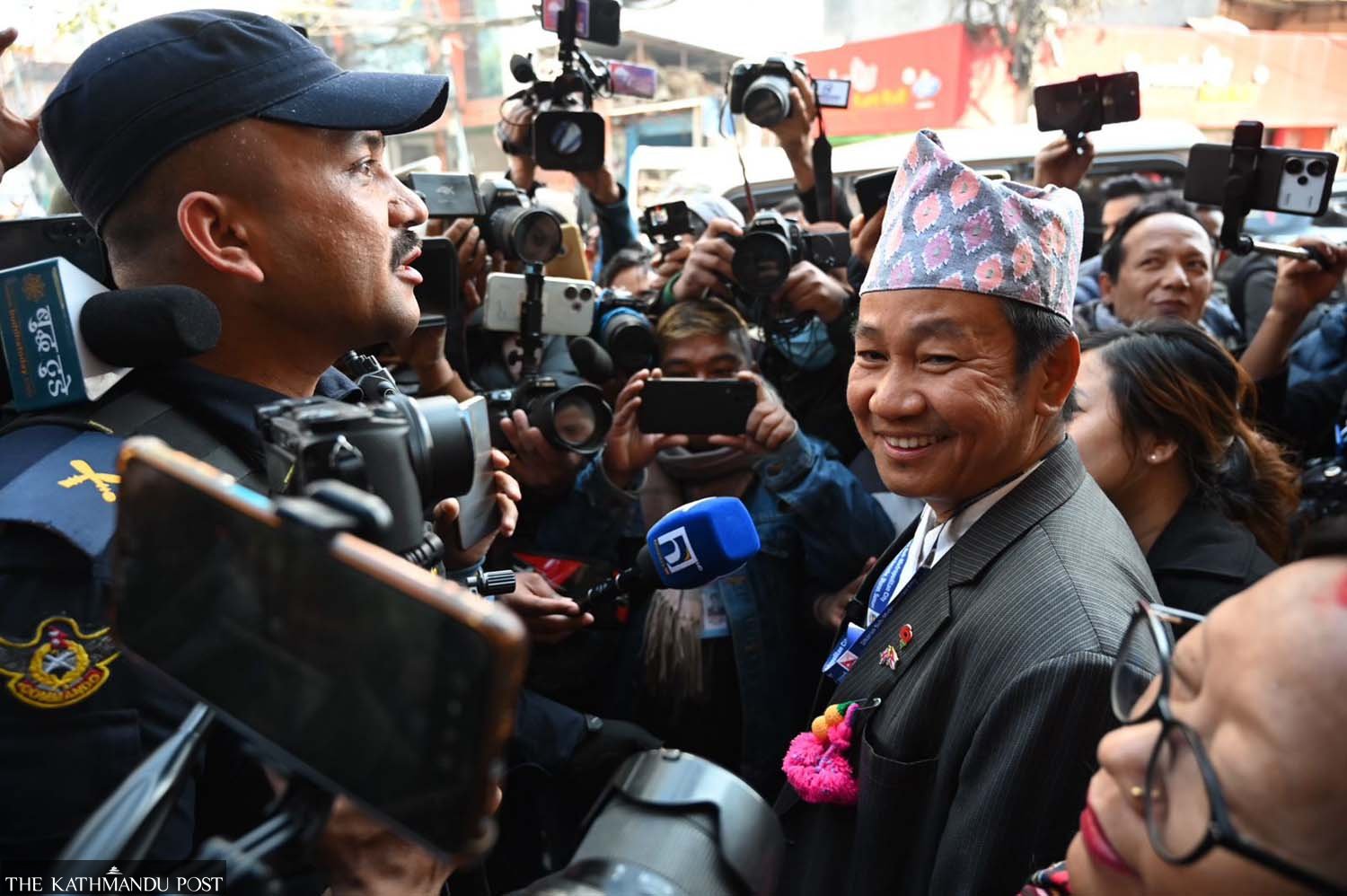Visual Stories
Zooming in on ground zero
We were asked to visit Alumim kibbutz, the site where Nepalis have been killed. However, finding a way there was challenging. The Nepali Embassy advised against us going, given the circumstances.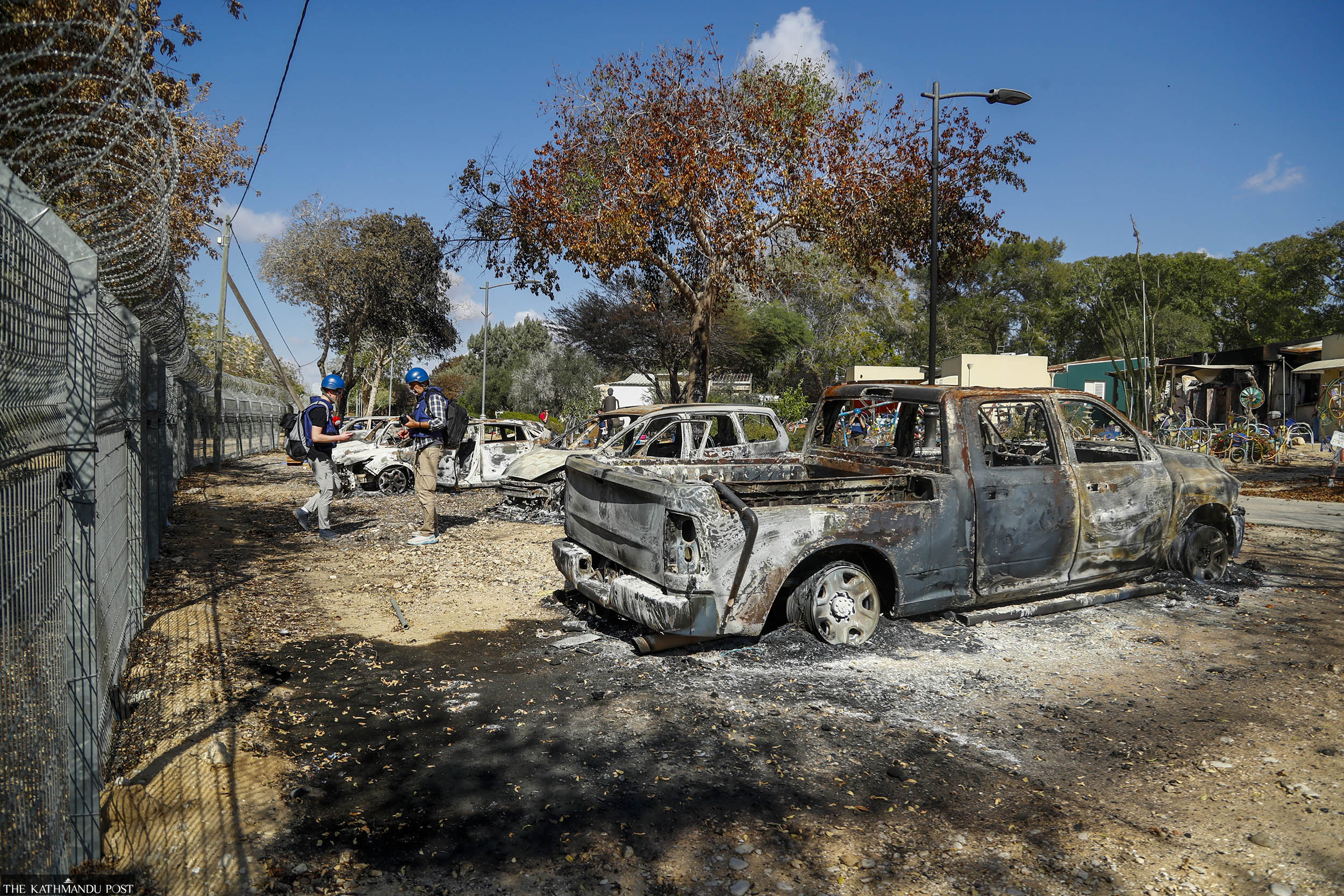
Prakash Chandra Timilsena
The ongoing Israel-Gaza war has killed thousands and injured even more individuals. Just as the war began, we immediately heard about the tragic deaths of ten Nepalis in the attack launched by the Palestinian militant group Hamas on Israel on October 7.
On October 9, I was tasked to report the incident from Israel. Despite the risks, I accepted the assignment, believing it was crucial to cover this war.

The visa process started on October 10, and I received my visa on October 12. We were to depart the next day. When I returned home that night, I wrestled with how to tell my family. After packing, I broke the news to my wife: “I am going to Israel to report the war.” She didn’t say anything. A heavy silence hung between us. We were both aware of the dangers the mission presented. I wasn’t even sure if I would return alive. But I had already taken on the task, and I was leaving the next day.
Fellow journalists Hom Karki from Kantipur and Shyam Shrestha from Kantipur TV were also travelling to Israel to report the war. Our flight took off on the afternoon of October 13. Boarding the plane weighed heavily on our hearts. During immigration, we were asked to fill out a form stating, “I will be responsible for whatever happens.”

We landed at Tel Aviv-Yafo, Ben Gurion International Airport on October 14. The airport was eerily quiet. As we travelled from the airport to the hotel in a taxi, we noticed only police and emergency vehicles; the streets were almost deserted, with occasional private cars passing by. Halfway to our destination, a siren blared, prompting our taxi driver and others to seek shelter. The fear of an imminent bomb strike gripped us. With hearts pounding, we huddled near a wall until the sirens ceased.
Upon reaching the hotel, we felt a sense of relief, but that was short-lived. Just a moment later, sirens started ringing again, indicating another bomb attack. Tanka Timilsina, a Nepali staff at the hotel, suggested we enter the bunker and stay there for the next 90 seconds. He also suggested we do the same every time we hear the sirens.

Safety is the top priority of reporters covering a war. Finding bulletproof jackets and helmets in Nepal proved difficult due to long transits and limited market options. We began looking for them in Israel and, fortunately, found them there. The locals revealed that the demand for such gear had surged in the past few weeks due to the ongoing conflict.
We also found out that journalists had to follow certain technicalities to report the war. The most important of these was acquiring a press pass from the Government Press Office (GPO). By October 17, we had obtained the necessary credentials.
We were asked to visit Alumim kibbutz, the site where Nepalis have been killed. Kibbutz are communities in Israel, traditionally based on agriculture. However, finding a way there was challenging. The Nepali Embassy advised against us going, given the circumstances. My friend Jit Tamang who I had been in contact with via Facebook provided me with the contact of an Israeli friend, Maor Varnik, in case of emergencies. After explaining our situation to Maor, he connected us with Yoram Azrad, a taxi driver. Finding the right person to travel with was crucial for us, and Yoram became our lifeline during the next two days.

He picked us up from the hotel on October 18. The roads were congested due to US President Joe Biden’s visit. We reached Shuva, which is located near Netivot city, close to the kibbutz and Gaza. Here, we observed (and photographed) Israeli soldiers at close quarters. These soldiers often took breaks at Shuva, where they rested, ate, and groomed themselves. This location also served as a refuge for those, including Nepalis, injured in the Hamas attack on October 7.
We requested the Israeli army to take us to the site where Nepalis were killed by Hamas militants, but they deemed it too dangerous for us to go. Despite numerous attempts, we were unable to access it. We could see the smoke rising from the bombs dropped by Israel in Gaza. Unsuccessful with our mission, we returned to our hotel in Tel Aviv in the evening.
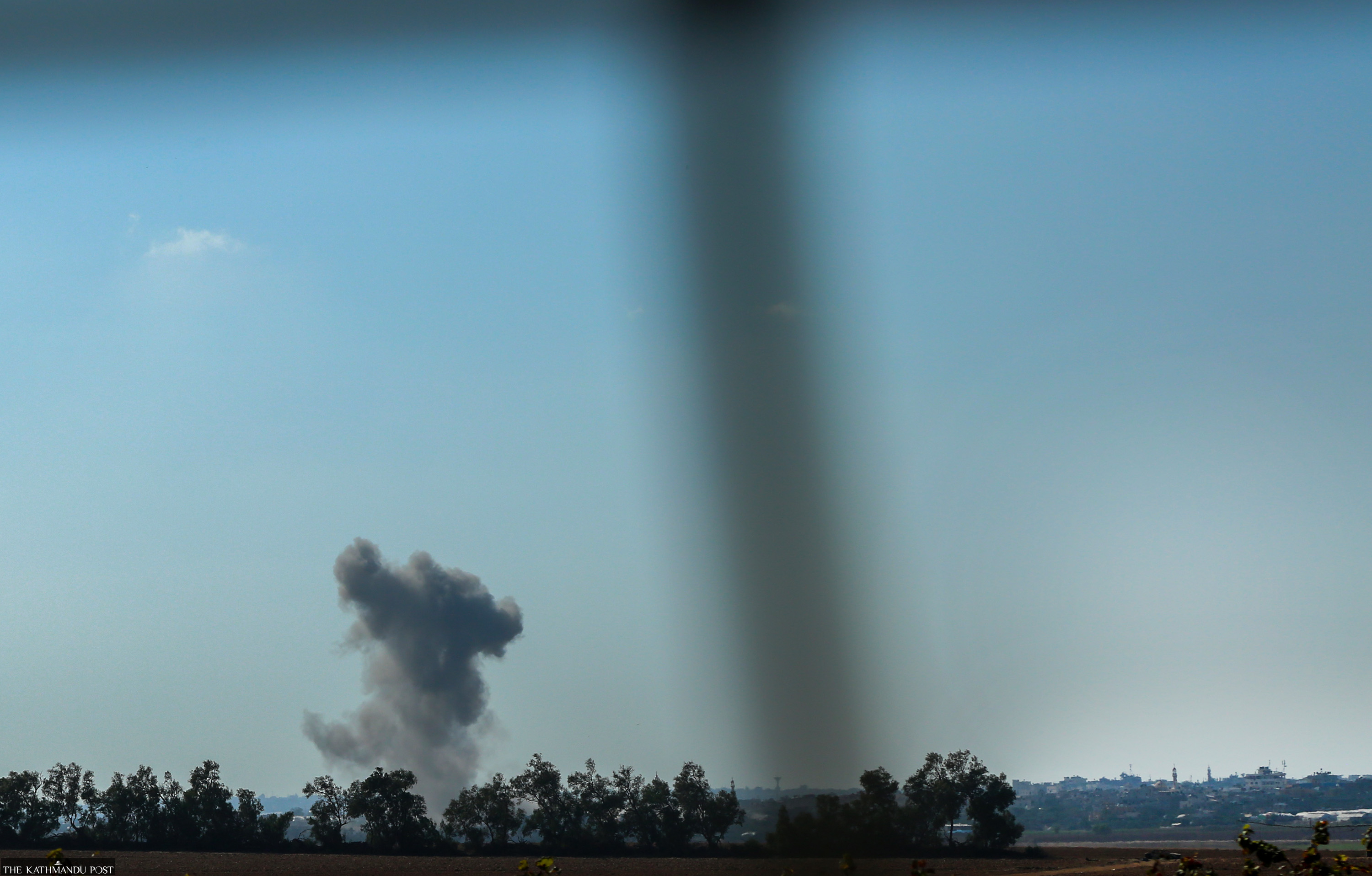
The next morning, Yoram arrived at the hotel, and we set out again. We were going to the funeral for the four Nepalis killed by Hamas, organised by the Israeli government representative and the Nepali ambassador. As the coffins bearing the bodies were brought out, a wave of emotion washed over me. I couldn’t help but think that our fate could be similar.
We then made our way to Nir Oz, another kibbutz where the Israeli army was stationed. The journey led us down a deserted road, surrounded only by military vehicles. Upon reaching the Army junction, we found ourselves amid hundreds of international journalists gathered to report the war. This was, by far, the biggest gathering of journalists I had ever seen.

Just as we arrived, the army commander briefed us about our surroundings, cautioning against touching anything. He guided us to the first house in the settlement, where a tragic incident had occurred. Hamas had set fire to a house, leading to the deaths of a grandmother and her granddaughter.
After the briefing, I, along with other photojournalists, cautiously entered the settlement. The scene was grim; it appeared that the residents had been killed brutally. Most houses were burnt, and the remaining ones were vandalised. Children’s toys were scattered on the floor, adding to the heart-wrenching atmosphere. We could also hear the distant sounds of bombs dropped by Israel in Gaza.
We prepared to return to Nepal on October 20, but a sense of dread and unease followed us as we reached Ben Gurion International Airport. We arrived in Nepal on October 21. Even now, the sound of ambulance sirens terrifies me, reminding me of my time in Israel. Sadly, as of November 2, 35 journalists have lost their lives in the Israel-Gaza war.




 10.12°C Kathmandu
10.12°C Kathmandu.jpg)

